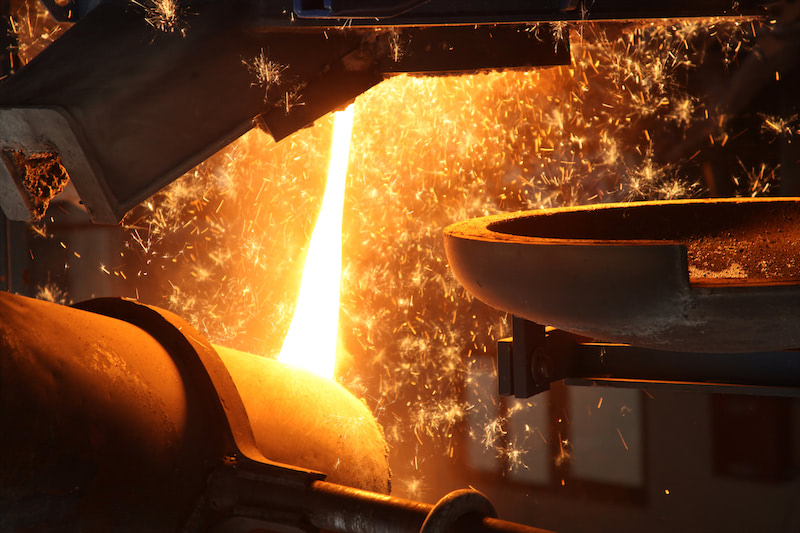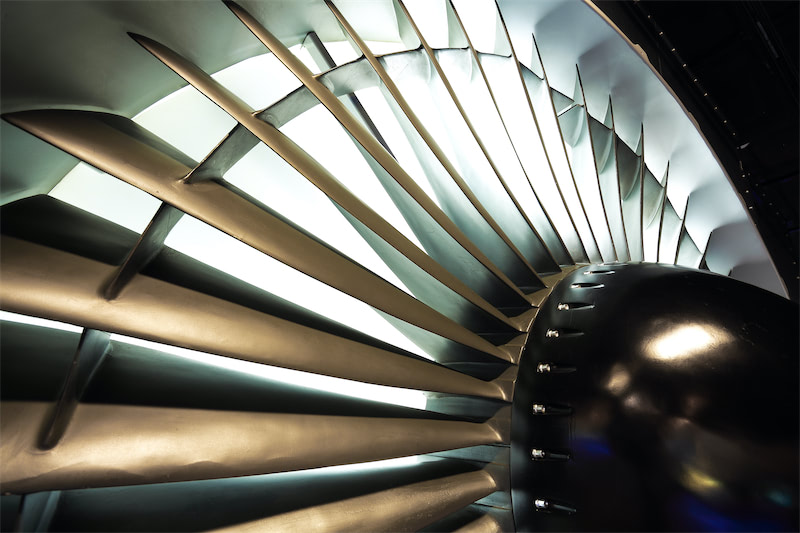SHANGHAI, Sep 8 (SMM) – Malaysia has tightened the standards for imported metal scrap. The implementation time will be postponed to October 31. SMM believes that it has a small impact on the domestic aluminium scrap market and has a certain impact on imported aluminium scrap, but it can also be replaced by regional resources due to its small amount. The metal and aluminium content in Malaysian Standards is not much different from China’s latest secondary cast aluminium alloy raw materials, and the standard is slightly higher than metal content requirements for imported aluminium lump.
In terms of chemical composition, domestic requirements for imported aluminium scrap raw materials are clearer. In addition, secondary deformed aluminium alloy raw materials are also being drafted.
Malaysia does not have clear requirements for inclusions. In China, the mass fraction of inclusions in raw materials (including wood, paper, plastic, rubber, glass, stone, textiles, powders with a particle size not greater than 2mm, etc.) should not exceed 0.5%, and that of mixed and contaminated powders (dust, sludge, oil, crystalline salt, fiber powder, etc.) with a particle size of not more than 2mm should be less than 0.1%.
Same as China, Malaysia also faces the issue of standard implementation standards. Taking China’s July import data as an example, China imported aluminium scrap of 56,300 mt in July, a year-on-year decrease of 39%. Stricter standards may shift the overseas sorting base of aluminium scrap to other Southeast Asian countries.
The cumulative imports of aluminium scrap stood at 463,000 mt in January-July, of which 131,000 mt from Malaysia, accounting for 28.2%. The aluminium scrap imports from Malaysia accounted for only 2.5% of the domestic aluminium scrap consumption while the imports stood at 7,080 mt in July, accounting for only 1% of domestic consumption. Considering the imports volume from Malaysia are not high, it is easier to replace with resources of other countries.
Imports of secondary aluminium raw materials (aluminium scrap + aluminium alloy ingots) stood at 282,000 mt in metal content in January-July, accounting for 6% of domestic aluminium scrap consumption. Imports of secondary aluminium raw materials from Malaysia were only 23,000 mt, accounting for 3.5% of domestic consumption. Ye Chiu Group, the largest secondary aluminium alloy producer in Malaysia, is less affected by this, but other local secondary aluminium enterprises may be impacted to a certain extent and increase the costs of exporting aluminium alloy ingots.
Guangdong is the main destination for imported aluminium scrap in Malaysia. If affected, the supply of aluminium scrap in Guangdong is likely to decline sharply before alternative overseas suppliers are found. Other regions may not be affected.

![2026 Arrangements for Secondary Aluminum Alloy Enterprises During Chinese New Year Break [SMM Analysis]](https://imgqn.smm.cn/production/admin/votes/imageskkgTu20240508153005.png)
![Costs Drag Down Supply-Demand Pressure, Aluminum Auxiliary Material Prices Under Pressure and Weaken [SMM Analysis]](https://imgqn.smm.cn/usercenter/NQyKF20251217171655.jpg)
